🤔 How happy were you in 2021?
Today's visual is about a change in how Americans report their own happiness. How about you? Would you say that you were A) very happy B) pretty happy or C) not too happy?
🧠 How Arctic families raise resilient kids
I enjoyed this piece in the BBC about how the Sámi, an indigenous people that live in northern Finland, Norway, and Sweden raise their children to be fairly independent and capable at an early age.
An important aspect of this is being given the room to make mistakes and fail so that they can learn for themselves and internalize the lesson.
"We believe that children must be given time to think and express their opinions, and they also need to fail to learn." She quotes a Northern Sámi expression: "Gal dat oahppá go stuorrola", meaning "He/she will learn when he/she grows up."
Another common saying among Sámi parents, "ieš dieđát", meaning, "you know it yourself", also encapsulates that mindset. Sámi parents may for example say this when a child insists on going out into the cold in light clothing, as the child will discover for themselves whether they should put on more layers.
This approach lies in stark contrast to what some parents do when they over-accommodate their children, as we explored in edition 076 where we explored anxious parents trying to take care of anxious kids.
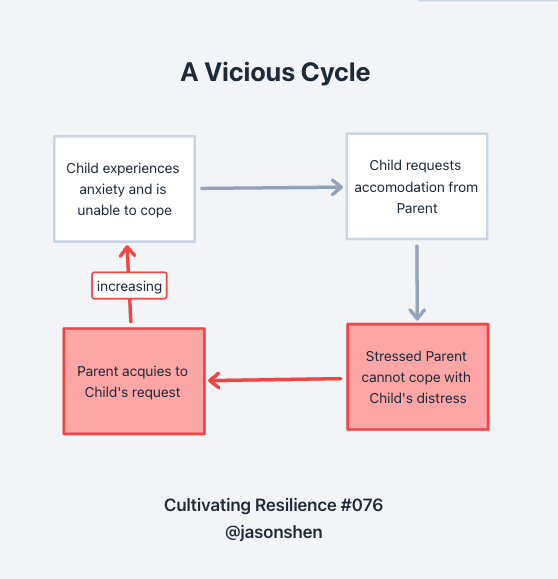
As I wrote then:
The idea is basically that, like physical training, we can build up our muscle for dealing with anxiety, stress, and uncertainty. Just as a leg in a cast might be protected, but will become incredibly weak, shielding ourselves from discomfort means next time we are simply less capable of handling it.
The idea that we have to lean into discomfort, whether in exercise, studying, intimate relationships, is critical to our ability to adapt to change and grow as individuals.
In my resilience framework, I've termed this concept "Embrace the struggle", emphasizing the importance of participating in the hardship as a path to growth, which ideally leads to a virtuous cycle.

Going back to the Sami, I liked this idea that the young people in their communities are given meaningful work early in life. From the BBC article:
"Traditionally, a child gets to take responsibility in many kinds of work relating to reindeer herding and feel proud about it. Primarily, one is not an individual but a member of an extended family that one has responsibility for," says Äärelä-Vihriälä.
Sámi children learn to use sharp knives, make a fire, and orient themselves in nature, skills that are essential for survival in the Arctic, but also have a social dimension. They must also be able to mark and identify reindeer. Some especially respected reindeer herders are known for remembering and recognising thousands of earmarks.
Speaking for myself, I wish I had been given more opportunities to participate in my own family and community. Instead, my focus was always on "preparing" through academic and extra-curricular success to succeed in the future. As I think about possibly having kids one day myself, I hope to find a balance between future contributions and immediate ones.
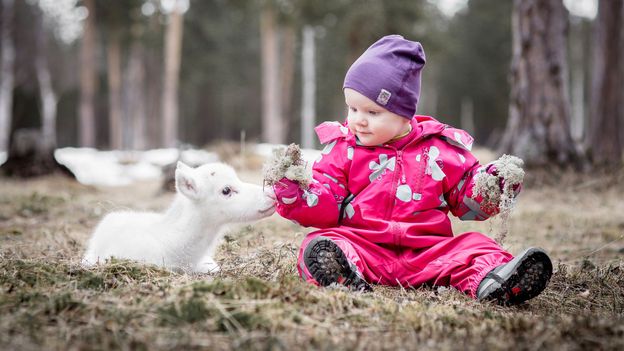
🖼 The Happiness Graph Has Flipped
Former Washington Post data visualist Christopher Ingraham wrote in The Why Axis about how the General Social Survey data on American happiness has flipped from 2018 to 2021 (no data from '19 and '20).
Americans tend to be a happy bunch, or at least report being so. We had a pretty stable period where 30%+ of us reported being "very happy" and only 10-15% would say "not too happy", with the majority being in the middle at "pretty happy".
The pandemic (and presumably the waterfall effects it's had on our society and economy) flipped those numbers. For the first time, more people are unhappy than very happy (though the pretty happy numbers stayed stable).

Note: The GSS is one of the most important social measurements we have because they've been operating continuously since 1972 out of University of Chicago and have representative data over time.
👉 Ode to Open Source - Ghost
As I mentioned in my write up of migrating to Ghost, it's been nice to connect other Ghost creators. Recently I got pulled into a small group that ended up organizing a "thank you gift" after the amazing editor improvements they launched in the 12 Days of Cardmas.
The result (mostly organized by others) was a hilarious and melodious cover of Galop Infernal from the opera Orpheus in the Underworld but with new lyrics based on the experiences of writing open-source software. You probably haven't seen the opera but I guarantee you'll recognize the melody. I dare you to play it and not smile.
Me and a couple of passionate @ghost creators (led by @UriBram & @stromfeldt) commissioned a chuckle worthy song from @AlixRRoberts about the struggles of building open source software as a thank you for 12 Days of Cardsmas https://t.co/bZW1RlSwa8
— Jason Shen (@JasonShen) January 24, 2022
Recent issues
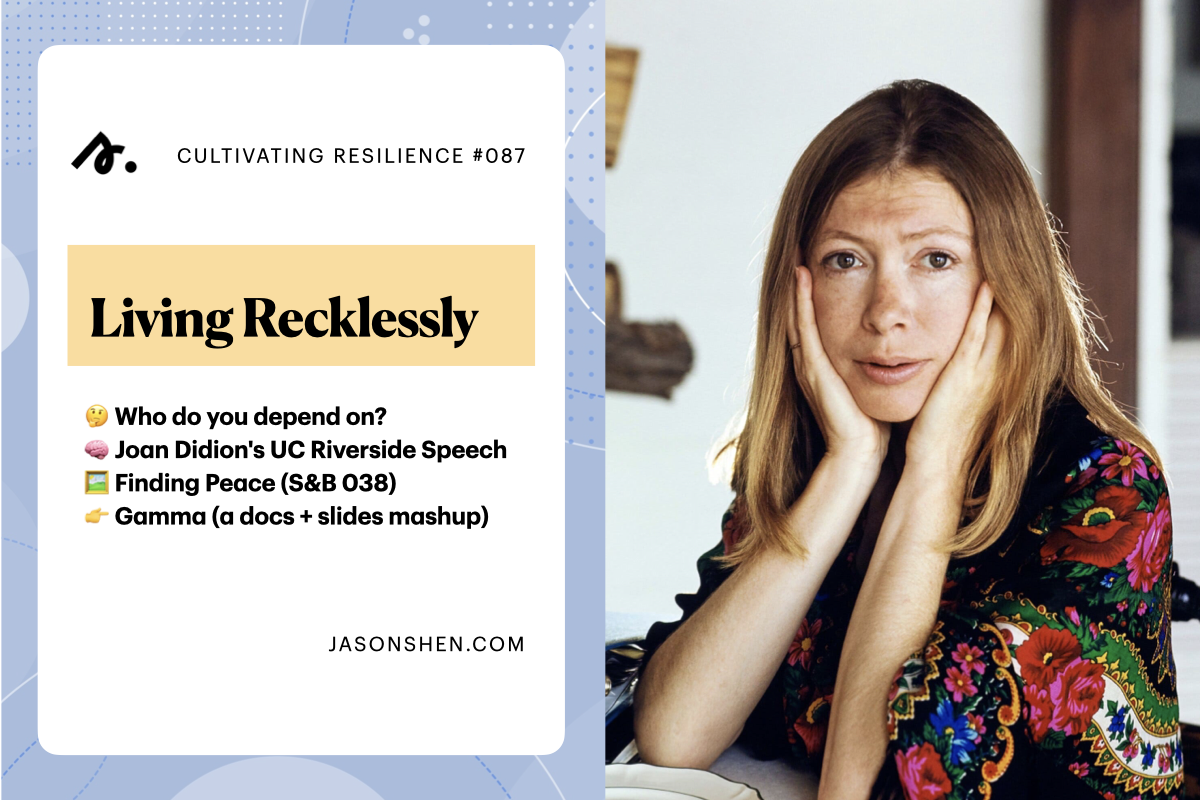
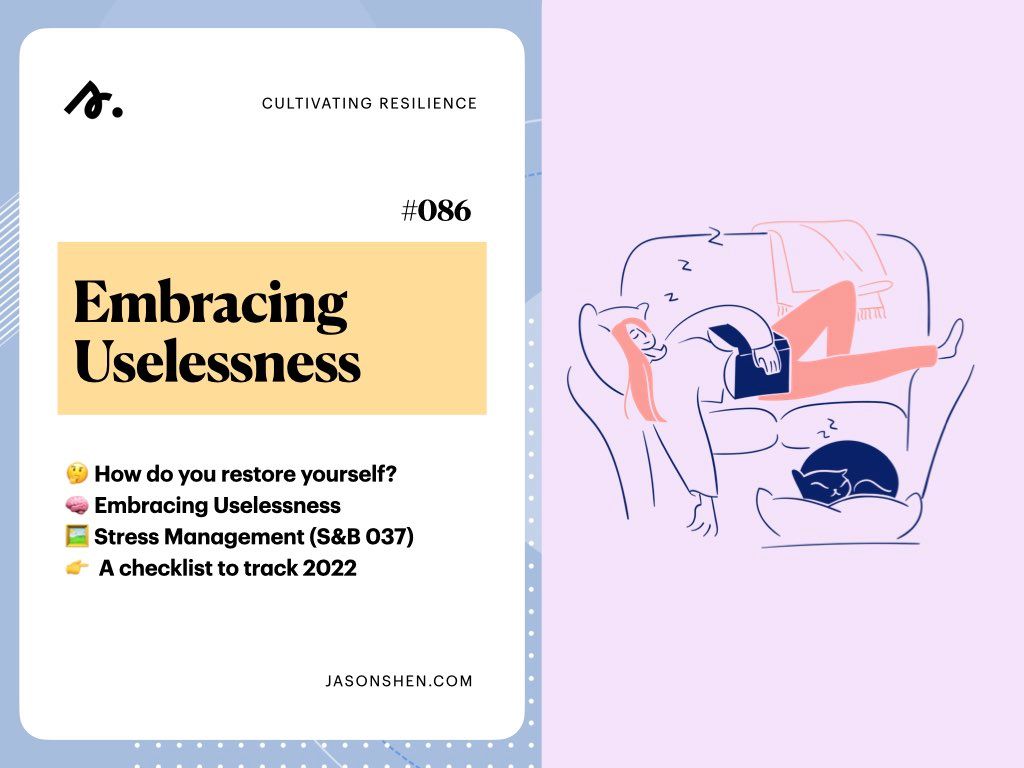
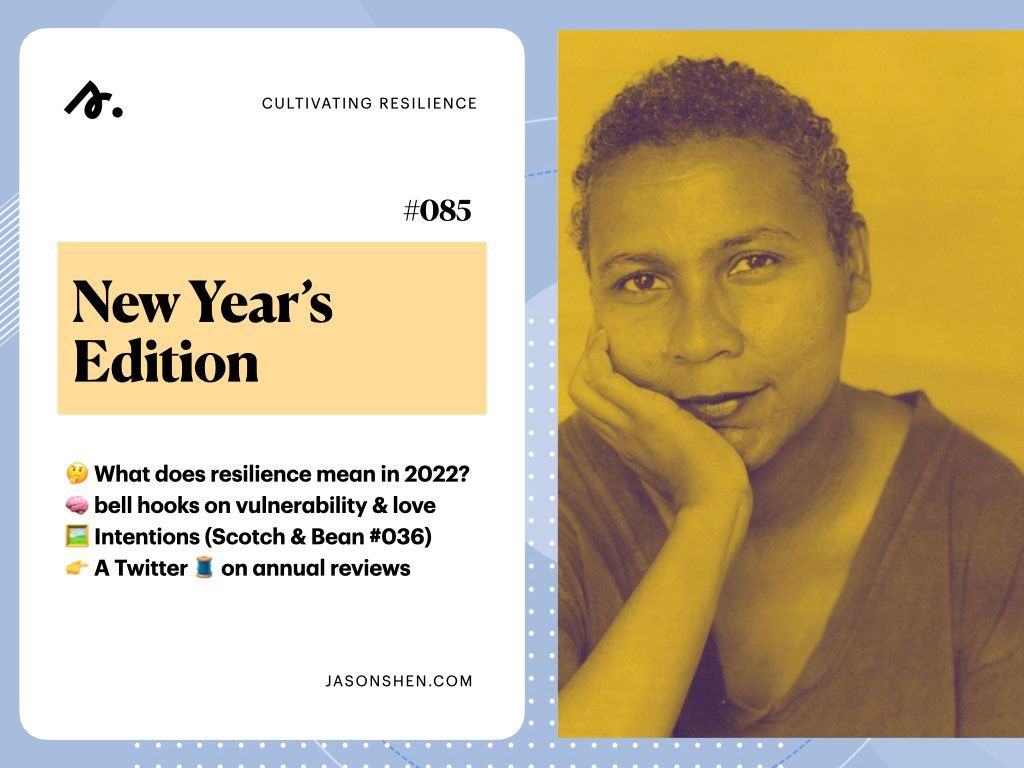
More Resources and Fun Stuff
- Book Notes: Summaries / quotes from great books I've read
- Scotch & Bean: a webcomic about work, friendship, and wellness
- Birthday Lessons: Ideas, questions, and principles I've picked up over the years
- Career Spotlight: A deep dive into my journey as an athlete, PM, founder, and creator.



